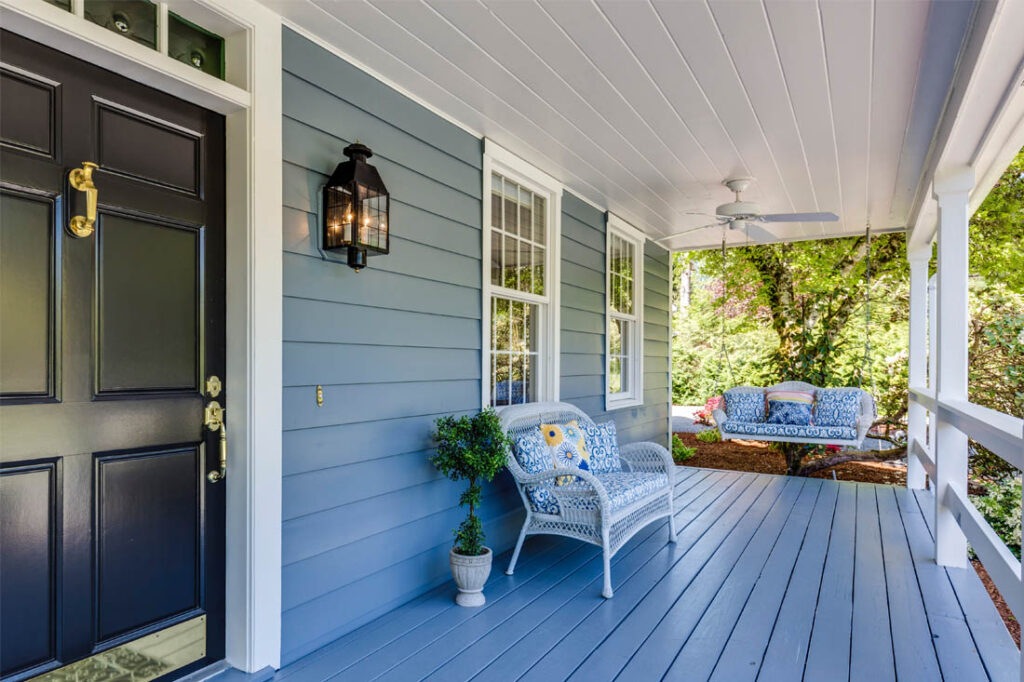What is buying off the plan?
This means you are buying a property that has not been built. In most cases, you are making a buying decision based on the developers plans and drawings of what the property will be when construction is completed.
However, sometimes at the time of buying the property, the construction might have already started because the developer has decided to put this particular property available for sale as well.
Most of the time, the buying process for off the plan occurs before any construction has occured.
What are the PROS and CONS of buying off the plan?
Lock in the price based on today’s market
Buying off the plan enables you to secure the property in today’s property market so if the value of the property increases over time of construction (usually around 2 years or longer), you will be able to benefit from the capital growth of your purchase property.
Time to continue saving
After you have signed the contract to purchase an off the plan property and have paid the standard 10% deposit of the purchase price, you have the benefit of continuing to save towards your deposit while the property is under construction.
This means, you are able to purchase a property sooner compared to purchasing an established property, where you would have to settle on the property within a month to six weeks after purchase.
By continuing to save towards your deposit all the way until settlement, this allows you to borrow less, potentially avoid lender’s mortgage insurance or pay a reduced LMI premium.
Delay your loan approval
Off the plan purchases may suit your particular situation when you are not eligible for finance at the moment.
For example, if you don’t have enough deposit to qualify for a home loan to purchase an established property but you want to secure something before prices increase any further, you can purchase a property off the plan knowing that you will have the construction period to save towards your target to qualify for the eventual loan.
Another example would be personal circumstances such as being on parental leave or your partner is on parental leave which means you may not qualify for a home loan right now, however, you know the return to work date is prior to the property being completed so you can take an educated risk of securing a property first without being able to qualify for finance upfront, however it’s very important you weigh the risks and make sure you minimise and mitigate the risks associated.
Government incentives for first home buyers
First Home Owner’s Grant which provides between $10,000 to $30,000 (varies between different Australian states) when you are purchasing a brand new property off the plan. This is a significant incentive which helps reduce the cost of the property for eligible purchasers.
You also get to secure the available grants at the time of purchase should the benefits or eligiblity criteria of these grants change in the future.
Tax Benefits For Investors
Investors may prefer to purchase new properties because of eligible tax benefits such as greater tax deductions via depreciation of the property. Similar to a new car, the property will depreciate in value and a new property has more depreciation available compared to a property that is 10 years old. The amount of depreciation contribute to the amount of tax deductions you can claim against the investment property.
Convenience and Reduced Competition
Buying a property off the plan is comparatively more convenient than buying an established property. This is because you don’t need to attend open homes on the weekends or after hours to inspect multiple properties, instead, you are able to view the property, inclusions, plans etc digitally or at a display centre of the developer.
There’s also less pressure when purchasing off the plan because there are no auctions when it comes to buying off the plan, the process generally involves you completing an expression of interest (EOI) by paying a nominal deposit, usually $2000 (often refundable, should you change your mind) so you can review the contract of sale and all the terms and conditions involved.
After you’ve done all your research and wish to proceed, usually a 10% deposit of the purchase price is required and the contract of sale is exchanged. At this point, your deposit is not refundable anymore.
Personalisation opportunities
Whether you’re buying a house, townhouse or an apartment of the plan, some developers will give the buyer an opportunity to customise certain aspects or features of the property. This is an option that’s not available with established properties, unless you do the renovation yourself.
Newer and Modern Design
Buying off the plan allows you to enjoy a brand new property, offering the latest amenities, energy efficiencies and lifestyle features. It could also be that the design of the property is unique and there isn’t anything available in comparison to it that is established.
Lower Maintenance Costs
Newly built properties come with warranties and generally require less maintenace and repairs compared to older and established properties.
What are the risks of buying off the plan?
Property value can fluctuate
Just as the value of the property can increase during the construction period after your purchase, there is also the risk that it can go the opposite direction. This can affect your ability to obtain finance if the valuation of the property is lower than your purchase price, you may need to come up with more savings or have to pay LMI to settle the property.
Construction Delays
The estimated time provided by the builder or developer to complete construction is only a guide. There are many factors that can affect completion date such as weather, government planning approvals or financial issues of the builder. It’s important to assess how any delays may affect your future plans or your ability to obtain finance approval.
Financial Risks
There is a risk that during the construction of the project, the developer or builder may experience financial difficulties and in worst case can lead to bankruptcy during the construction process.
Finance approval issues
During the process of construction, there is a risk that banks and lenders may change their lending policies which may have negative consequences to your particular financial circumstances. In addition, your financial situation may deteriorate after your purchase. It is essential to weigh up this risk and have your mortgage broker or lender stress test your situaition against any such changes.
A good example of this is the sharp interest rate increase since May 2021 where it has significantly reduced the borrowing capacity of many purchaser due to interest rates sitting at around 2% in 2021 to now sitting at 6%.
Quality Concerns
The final completed property may not match exactly as described in the proposed plans and drawings which you have based your buying decision on. There is also flexibility in the contract that allows the builder/developer to make certain variations to the proposed plans within certain levels of tolerance.
Unknown Strata Expenses
The ongoing strata levies are only estimated which can vary by the time the building is complete. However, purchasers are protected under recent reforms to strata legislation that developers can be accountable if estimated levies are deemed unrealistic.




